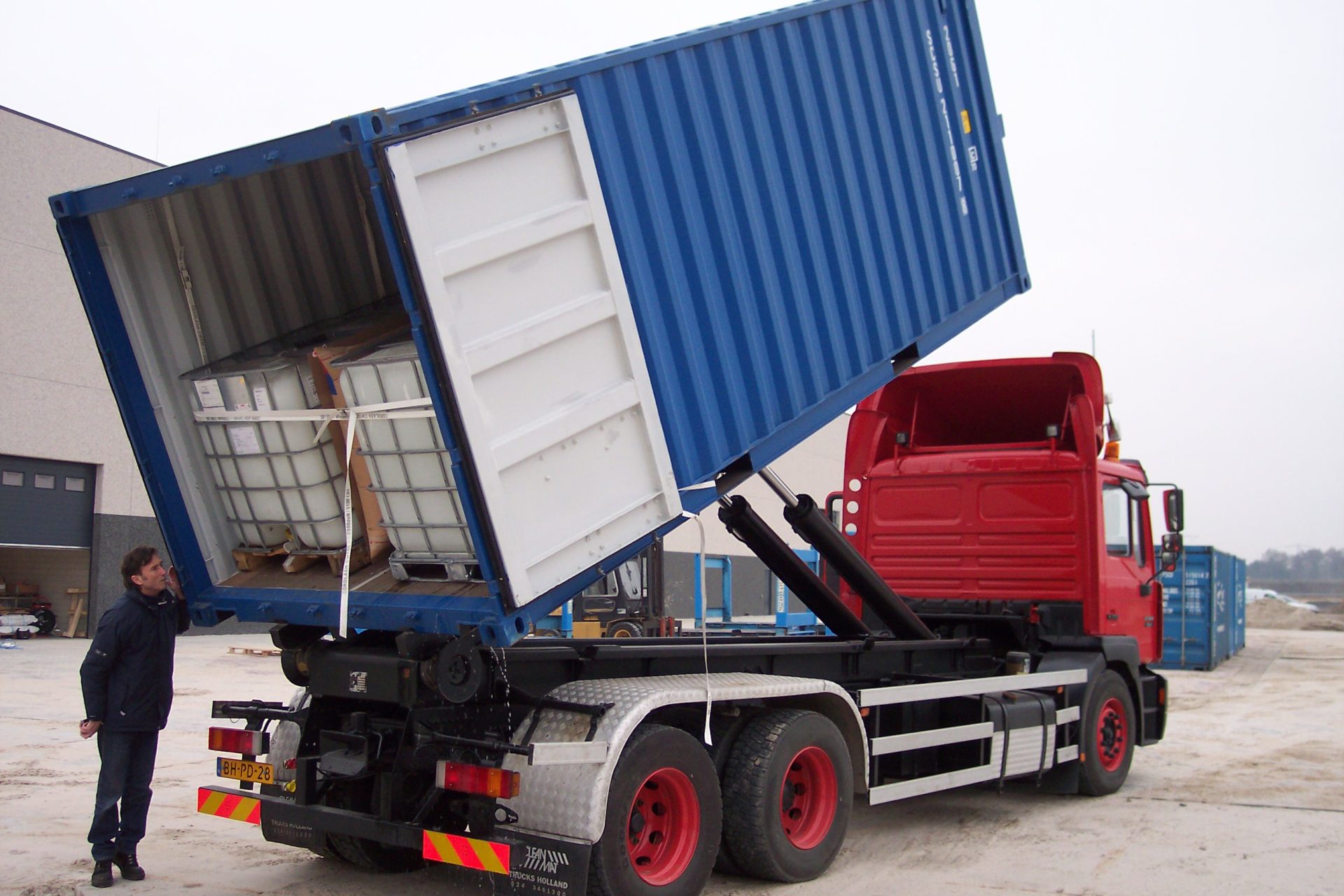The demand for renewable energy sources and advanced manufacturing technologies is skyrocketing as the world transitions towards a more sustainable future. At the heart of this revolution lies a set of invaluable resources: critical minerals. These minerals, which include rare earth elements (REEs), lithium, cobalt, and nickel, are essential for producing a wide range of high-tech products and sustainable energy solutions. From electric vehicles and wind turbines to solar panels and advanced electronics, critical minerals are unlocking new possibilities for a greener and more efficient future. In this article, we explore the importance of mineral processing and its crucial role in harnessing these treasures for the future of renewable energy and advanced manufacturing.
The Importance of Critical Minerals
Essential Components of Modern Technology
Critical minerals are indispensable in the production of various modern technologies. For instance, rare earth elements are vital for manufacturing powerful magnets used in electric vehicle motors and wind turbine generators. Lithium and cobalt are essential components of rechargeable batteries that power everything from smartphones to electric cars. Nickel is crucial for producing stainless steel and other alloys used in advanced manufacturing processes. Many technological advancements we rely on today would not be possible without these minerals.
Enabling Renewable Energy Solutions
Renewable energy technologies depend heavily on critical minerals. Solar panels require silver, indium, and tellurium for their photovoltaic cells, while wind turbines need rare earth elements for their high-performance magnets. The shift towards electric vehicles, a cornerstone of sustainable transportation, relies on lithium, cobalt, and nickel for battery production. As the demand for renewable energy grows, so does the need for a stable supply of these critical minerals.
The Role of Mineral Processing
Efficient Extraction and Refining
Mineral processing is the backbone of the critical minerals supply chain. This complex and highly technical field involves extracting, separating, and refining ores to obtain pure minerals. Advances in mineral processing techniques are essential for improving the efficiency and sustainability of mining operations. For example, innovations in hydrometallurgy and pyrometallurgy have enabled the extraction of minerals from lower-grade ores, reducing waste and environmental impact.
Recycling and Urban Mining
Recycling and urban mining are becoming increasingly essential to meet the growing demand for critical minerals. Recycling involves recovering valuable minerals from end-of-life products, such as electronics and batteries, while urban mining focuses on extracting minerals from urban waste streams. Advanced mineral processing technologies are critical for these processes, allowing for the efficient recovery of high-purity minerals from complex and heterogeneous waste materials.
Environmental and Social Responsibility
Critical minerals must be mined and processed in an environmentally and socially responsible manner. This includes minimizing the environmental impact of mining operations, reducing energy consumption, and ensuring the fair treatment of workers. Innovations in mineral processing can help achieve these goals by developing more sustainable extraction and refining methods, such as bioleaching and solvent extraction, which reduce the use of harmful chemicals and energy-intensive processes.
Future Directions and Innovations
Advanced Separation Technologies
One critical challenge in mineral processing is separating valuable minerals from gangue materials. Advanced separation technologies, such as froth flotation, magnetic separation, and electrostatic separation, are continuously improving to enhance efficiency and selectivity. These innovations are crucial for processing complex ores and maximizing the recovery of critical minerals.
Digitalization and Automation
Integrating digital technologies and automation in mineral processing is revolutionizing the industry. Advanced data analytics, machine learning, and artificial intelligence are being used to optimize processing parameters, predict equipment failures, and improve overall plant performance. Automation technologies, such as robotics and autonomous vehicles, are increasing the efficiency and safety of mining and processing operations.
Sustainable Mining Practices
The future of mineral processing lies in developing sustainable mining practices that minimize environmental impact and support local communities. These practices include adopting renewable energy sources for mining operations, reducing water usage through closed-loop systems, and rehabilitating mining sites to restore natural ecosystems. Sustainable mining practices ensure the long-term availability of critical minerals and contribute to the broader goals of environmental conservation and social equity.
Conclusion
Critical minerals are the unsung heroes of the modern world, enabling the development of renewable energy technologies and advanced manufacturing processes. The role of mineral processing in unlocking these treasures is vital, ensuring the efficient and sustainable supply of these essential resources. As the demand for critical minerals continues to rise, innovations in mineral processing will play a crucial role in shaping a greener and more sustainable future. By embracing advanced technologies and sustainable practices, we can unlock the full potential of Earth’s treasures and pave the way for a brighter, cleaner, and more prosperous world.



